From Shaving to Side Effects: Real Facts About Egg Retrieval Surgery
Fertility Treatment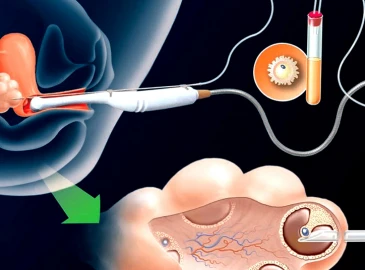
Follicular puncture is a noninvasive operation in which mature eggs are retrieved from the ovaries to be used in IVF or ICSI. This procedure takes 15 minutes and is performed without anesthesia. Although this egg retrieval process is quite simple, you can follow a set of instructions to make it even more comfortable and increase your chance of pregnancy. Continue reading to get more information about what to do and things to avoid before and after egg retrieval surgery.
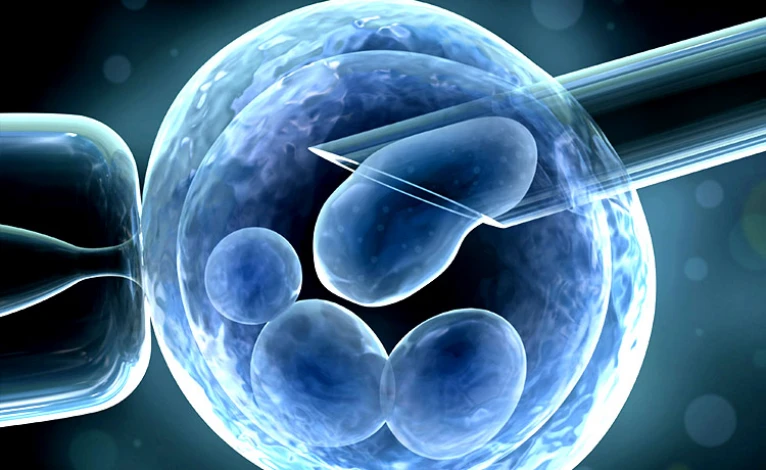
What Is Egg Retrieval?
Follicular puncture, also called egg retrieval and egg collection, is the second step of the IVF procedure that involves retrieving eggs from your ovaries. In the follicular puncture procedure, the ovaries are first stimulated with ovulation induction drugs, and then, human chorionic gonadotropin (HCG) is injected to prepare the follicles for retrieval. Afterward, the eggs are removed by a needle connected to a probe. After examining the eggs in the laboratory, the high-quality eggs are fertilized with washed sperm through IVF.
Ovarian Stimulation Before Egg Retrieval
One or two weeks before egg retrieval for IVF surgery, the specialist injects you with several ovulation induction drugs to boost your egg production. These medications include:
- Drugs containing LH (luteinizing hormone), FSH (follicle-stimulating hormone), or a combination of both;
- Medicine to prevent the development of immature and premature eggs and
- Oocyte maturation medicines such as HCG are injected about 8 to 14 days after the ovarian stimulation step. Approximately 35 hours after the hCG injection, the egg (oocyte) retrieval will be performed under sedation.
Dos and Don'ts Before Egg Retrieval
Before egg retrieval:
- Take blood tests for hepatitis B, hepatitis C, HPV, and coagulation;
- Do not wear makeup, perfume, jewelry, or contact lenses;
- Avoid having NSAIDs such as ibuprofen, aspirin, and other blood thinners, fish oil, and vitamin E supplements from a couple of days before the operation;
- Take medications for blood pressure, thyroid, or heart diseases according to the previous routine;
- If you have diabetes, discuss it with your specialist in advance;
- Do not have sexual intercourse from two weeks before ovulation;
- Avoid wearing tight clothes on the day of surgery;
- Arrive at the hospital one or two hours earlier to be admitted to the hospital and fill in the required forms and
- Empty your bladder right before the operation and wear the gown and hat provided by your nurse.
It is noteworthy that before starting the operation, the specialist first examines the follicles with the help of ultrasound to ensure that ovulation is done and the size of the follicles is proper.
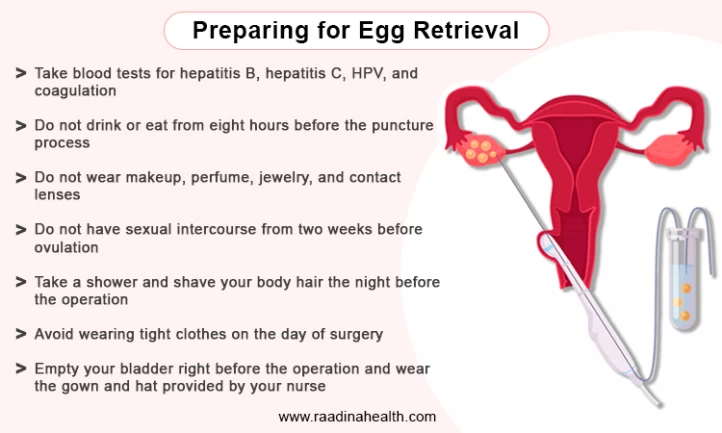
Do's and Don'ts After Egg Retrieval
Sometimes, the patients feel cramps or pressure in their stomachs after IVF egg retrieval surgery. Therefore, lying down 15 to 20 minutes after the procedure is better. Moreover, consider the following tips after egg collection:
- Have a complete rest for a couple of days;
- Take your medications just as prescribed by your doctor;
- Take anti-nausea medications if you are feeling sick;
- Take painkillers such as acetaminophen or diclofenac suppositories if you have stomachache or cramps;
- Take progesterone supplements in the form of injections, oral or vaginal suppositories to prepare the uterus for implantation;
- Take antibiotics to reduce inflammation of the genital organs and prevent infection;
- Avoid having sex for up to two weeks after the procedure;
- In case you have severe pain in the lower abdomen, abdominal swelling, or severe nausea, contact your doctor;
- Use metformin (Glomet) prescribed by your doctor if you have polycystic ovarian syndrome;
- Take an aspirin and dopamine agonists under your doctor's supervision;
- Inject calcium if necessary;
- If the estrogen level in your body is higher than normal or the number of follicles has exceeded, stop taking injectable drugs and
- Replace gonadotropin with gonadotropin-releasing hormone agonists such as Leuprorelin.
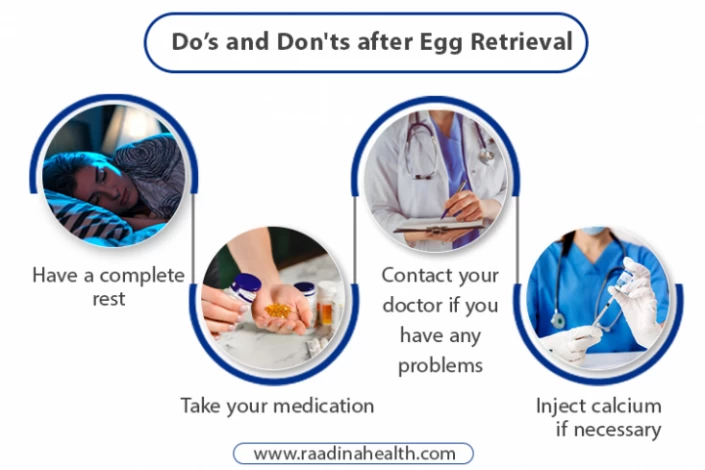
What to Do the Night Before Egg Retrieval?
You don't need to do anything special on the night before egg retrieval surgery. You have done all you should for the past few months, so you must relax and spend a great night with your family. Meanwhile, most doctors suggest doing the following on the day before follicular puncture:
- Stay relaxed. You can do yoga and practice deep breathing to calm yourself down;
- Pack a bag that includes a water bottle, a book, comfortable clothes, a phone charger, slippers, etc.;
- Take a shower;
- Refrain from eating and drinking for six to eight hours before the procedure;
- Do not use makeup and skincare products containing alcohol and paraben.
Shaving before Egg Retrieval
On the morning of the egg retrieval procedure, you should shower and shave your pubic hair as it increases the risk of infection. The best way to remove pubic hair before follicular puncture is to shave it with a new and sterile razor. Waxing is strongly prohibited to prevent infections as it opens up the skin pores.
What to Avoid After Egg Retrieval?
After undergoing an egg retrieval surgery, it is important to take certain precautions and avoid certain activities to ensure a smooth recovery. Firstly, it is crucial to avoid any strenuous physical activities or heavy lifting for at least 24 to 48 hours after the procedure. This includes avoiding intense workouts, lifting heavy objects, or engaging in vigorous exercise. Additionally, it is advisable to steer clear of sexual intercourse for a few days as it may cause discomfort or potential complications.
It is also essential to avoid consuming alcohol, smoking, or using recreational drugs during this time, as they can interfere with the healing process and potentially impact the success of the procedure.
Last, but not least, it is advised that you adhere to any specific instructions provided by your healthcare provider regarding medication usage and dietary restrictions. By doing so, you can help promote a healthy recovery and increase the likelihood that your egg retrieval surgery will turn out successful.
Egg Retrieval Procedure
Egg retrieval is not invasive; it is usually done quickly and painlessly. This operation is performed about 34 to 36 hours (sometimes up to 37 hours) after the injection of HCG, and several eggs are removed within just a few minutes.
Some sedatives and anesthetics are injected to put the patient under light anesthesia to carry out the egg retrieval process. This way, the patient won't have any pain, stress, or muscle contraction during the operation.
At the procedure beginning, the doctor identifies and locates the follicles with the help of a needle connected to an ultrasound probe. Then, the eggs are delicately separated from the follicles and removed from the body by a needle connected to a suctioning device. This device pierces the follicles and pulls the eggs and the follicular fluid (FF).
In the next step, the collected eggs are examined by an embryologist, and then they get fertilized with washed sperm through one of the assisted reproduction methods, IVF or ICSI. If the couple chooses IVF, doctors place the egg and sperm next to each other in the IVF dish to fertilize. If they choose ICSI treatment, healthy and motile sperm is directly injected into the center of the egg.
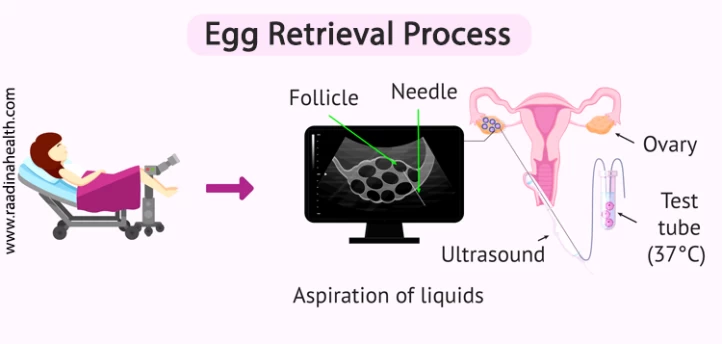
What to Eat Before IVF Egg Retrieval?
Since when you take ovulation induction drugs, you may gain weight or experience nausea, constipation, or appetite changes; it is recommended that you have a balanced and nutrient diet before and after egg retrieval surgery. In the following, we introduce some foods that you can have days before the follicular puncture procedure:
- Leafy vegetables such as broccoli, cabbage, and kale;
- Dairy products;
- Nutritious seeds such as chia, pumpkin, and sunflower;
- Fish and its by-products;
- Foods rich in folic acid, selenium, zinc, antioxidants, etc.;
- Foods containing vitamins A, D, C, and E;
- Four to six glasses of water and
- Healthy vegetable oils, especially olive oil.

What to Eat the Night Before Egg Retrieval?
Read the following to get more information about what to eat and what to avoid the night before egg retrieval:
- Drink plenty of water and have five (instead of three) light meals throughout the day;
- Add more protein to your diet for 48 hours before the procedure;
- Have fresh fruit such as apples, pears, bananas, and berries;
- Do not have spicy, processed, or canned foods;
- Avoid having salty and sugary foods, red meat, and caffeinated beverages, as they increase your blood pressure.
In the following, we introduce some foods that you can have days before the follicular puncture procedure:
- Egg sandwich + yogurt and dill + tomato + half an apple or banana
- Grilled chicken + potatoes + steamed vegetables + rose water and figs
- Homemade chicken sandwich + mint and yogurt + half an apple
- Pasta with chicken and vegetables + mint and yogurt + rose water and figs
What to Eat After Egg Retrieval?
It would help if you had a nutrient and high-sodium diet after egg retrieval to prevent ovarian hyperstimulation syndrome (OHSS) and prepare your body for the next steps of IVF.
Continue reading to get more info about what to eat in the egg retrieval recovery stage.
- Have three boiled egg whites with (or without) one yolk every day;
- Balance your intake of protein and carbohydrates;
- Eat food with a low glycemic index;
- Have food rich in fiber to help your bowel movement;
- Add essential fatty acids to your daily meals;
- Avoid having caffeine for at least ten days;
- Have organic food and avoid canned food;
- Have three main meals and two snacks;
- Add more vegetables to your diet and have a salad with olive oil;
- Avoid eating sweets as they increase your blood pressure;
- Have foods containing salt, such as chips, curds, salty puffed snacks, etc., as their sodium prevents OHSS; and
- Stay hydrated by drinking plenty of water and fresh juice.
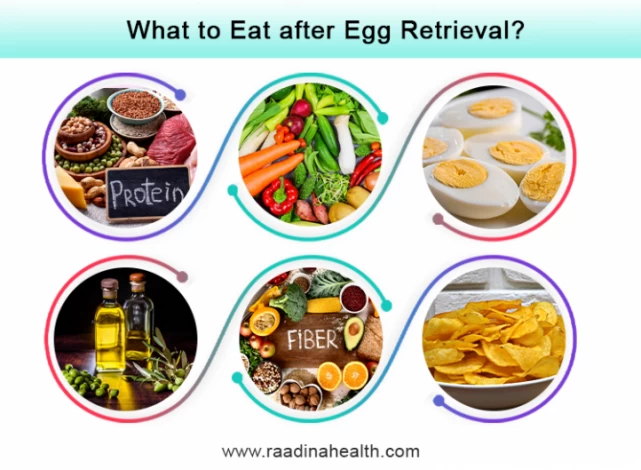
The period after Egg Retrieval
After egg retrieval surgery, your body faces hormonal changes; as a result, your first or second period after egg retrieval may be missed or delayed, which is quite normal. In most cases, people have their first period after egg retrieval, 10 to 14 days after the surgery, but having the second period depends on when you will ovulate.
Sex after Egg Retrieval
After egg retrieval, your ovaries will be swollen, painful, and tender; heavy activity may lead to severe pain and, sometimes, heavy vaginal bleeding. Generally, fertility specialists recommend not having sexual intercourse for two weeks after egg retrieval so that the pelvis and ovaries can rest and recover. You should also abstain from using tampons during this period as they may cause vaginal infection.
Spotting after Egg Retrieval
A needle and a suctioning device are vaginally inserted into the uterus during the egg retrieval procedure. So, it is common for patients to experience mild spotting or bleeding after egg retrieval. However, if spotting or cramping is severe and lasts more than a few days, contact your doctor.
Heavy Period after Egg Retrieval
Before the egg retrieval procedure, you must take hormonal medications to increase the number of mature follicles in the ovaries. These medications unbalance your hormones and make your uterine lining thicker than normal. Therefore, you will experience a heavy menstrual period and more cramps after normal egg retrieval.
Does Egg Retrieval Affect Ovarian Reserve?
Usually, in each menstrual cycle, several ovarian follicles begin to mature, but only one is fully matured, and the rest are destroyed. Then, the egg in the mature follicle is released from the ovary during ovulation; aging and some health problems (such as cancer and endometriosis) reduce the ovarian reserve naturally.
The doctor prescribes ovulation induction drugs for egg retrieval surgery to provide the basis for the growth of many follicles containing eggs. These medications cause more than one follicle to reach full maturity. Of course, this number of eggs is smaller than those in the ovaries. Therefore, egg retrieval does not cause a significant decrease in ovarian reserve.
If you want more information about low ovarian reserve, follow this article.
Is IVF Egg Retrieval Dangerous?
No. IVF egg retrieval is a rather simple procedure and has low risk. However, if you have the following symptoms after egg retrieval surgery, visit your doctor immediately:
- Fever more than 38˚ C;
- Abdominal swelling or severe pain in parts of it;
- Severe nausea or continuous vomiting;
- Having painful urination and
- Heavy vaginal bleeding.
Side Effects of Follicular Puncture
Since you have to take different hormone medicines to stimulate ovulation, you may face some complications after the follicular puncture, including:
- Ovarian hyperstimulation syndrome with secondary complications such as dehydration, blood clots, kidney damage, etc.;
- Formation of ovarian cysts in less than 1% of cases that can be treated with surgery;
- Injection site reactions such as bruising and redness;
- The reaction of the body to the injected hormones and the body's inability to control their levels;
- Breasts' pain and tenderness;
- Pain in the ovaries;
- Leakage of ovarian fluid into the belly;
- Heart palpitation;
- Flushing and sweating;
- Vaginal bleeding and spotting;
- Infection, especially if the doctor is not experienced;
- Vaginal dryness;
- Damage to the blood vessels in rare cases; and
- Occurrence of some symptoms of menopause, such as menstrual irregularity for a short period.
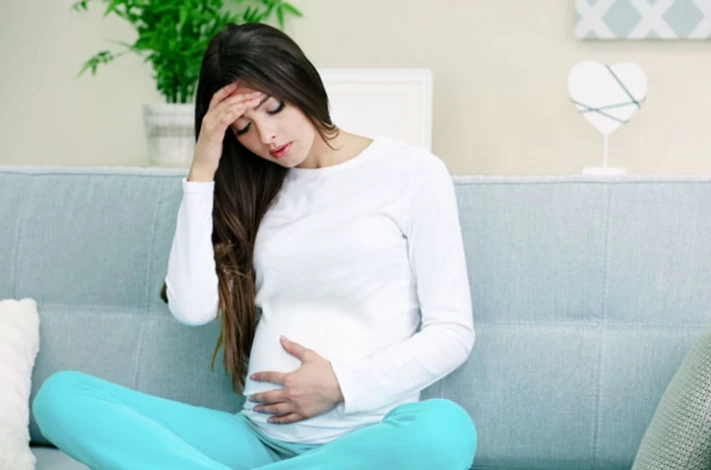
After egg collection, especially in cases where the number of eggs collected from the ovaries is large, the ovaries get swollen, and the patient may feel severe pain in her ovaries. After the first menstrual cycle after egg retrieval, these side effects will disappear, and the ovaries will return to their original state.
OHSS, after Egg Retrieval
Ovarian hyperstimulation syndrome (OHSS) is a response to the increase of hormones in the body. OHSS usually causes the ovaries to swell and become painful after egg retrieval; that's why the patient should get ovaries checkups frequently after egg collection.
Generally, ovarian hyperstimulation has mild or severe side effects, usually ten days after hormone injection. Symptoms of mild to moderate ovulation stimulation syndrome include:
- Fluctuating and mild pain in the abdomen;
- Nausea and vomiting;
- Bloating diarrhea and
- Pain in the ovaries.
These symptoms of mild OHSS usually improve on their own after seven days, but in severe cases, the patient may require hospitalization and additional treatment. Symptoms of severe OHSS include:
- Severe pain in the abdomen;
- Tight and swollen stomach;
- Sudden weight gain such as 2-3 kg in one day or 4-5 kg in three days;
- Decrease in urination frequency;
- Dark urine;
- Chronic and severe nausea and vomiting;
- Shortness of breath and
- Dizziness.
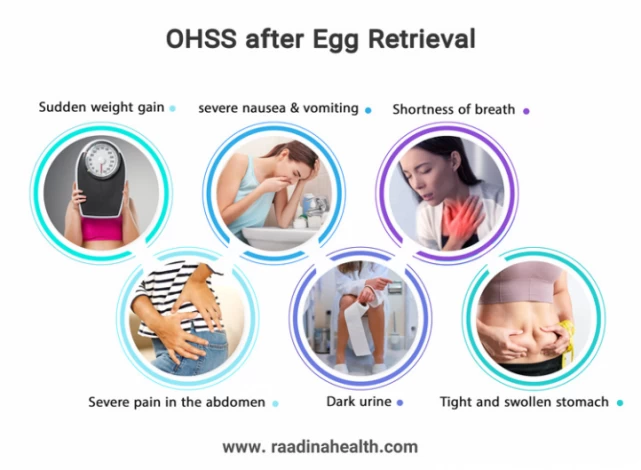
Is Follicular Puncture Painful?
As mentioned, the follicular puncture is performed under light or local anesthesia using propofol intravenous anesthetic agent. As a result, the patient will have no pain during the puncture procedure.
Painful Urination after Egg Retrieval
During the egg retrieval surgery, the fertility specialist uses a transvaginal ultrasound probe to see the ovaries and the fallopian tubes. Without the guidance of this probe, the ovaries may get hurt, or the whole procedure may fail. However, in some rare cases, the ultrasound probe may scratch the urinary tract or cause a bladder puncture.
So, suppose you have severe pain during urinating, severe pain in the lower abdomen, leakage of urine, blood in your urine, or difficulty urinating. In that case, you should contact your doctor as soon as possible. Remember that having mild to moderate pain during urination is normal after egg retrieval and is minimized by maintaining good hygiene and staying hydrated.
Breast Pain after Egg Retrieval
Breast pain and tenderness, similar to the one you feel during your PMS, is a common complication of hormonal medications and injections. Usually, breast soreness is eliminated within a couple of days after finishing the medications, but meanwhile, you can ease your pain by taking OTC painkillers and wearing loose clothes. Tight bras, tops, and bikinis will worsen your breast tenderness, so avoid wearing them.
Egg Freezing after Egg Retrieval
When the eggs are retrieved from the ovaries, one healthy egg is used in the IVF procedure, and the other high-quality eggs are frozen. 80% of the collected eggs are of high quality, mature, and suitable for freezing; therefore, they are immediately frozen in liquid nitrogen at -196.1° Celsius within 24 hours to be used for future pregnancies. The frozen embryo transfer (FET) procedure is like transferring fresh embryos. The embryo is transferred to the uterus by a narrow plastic tube and under local anesthesia.
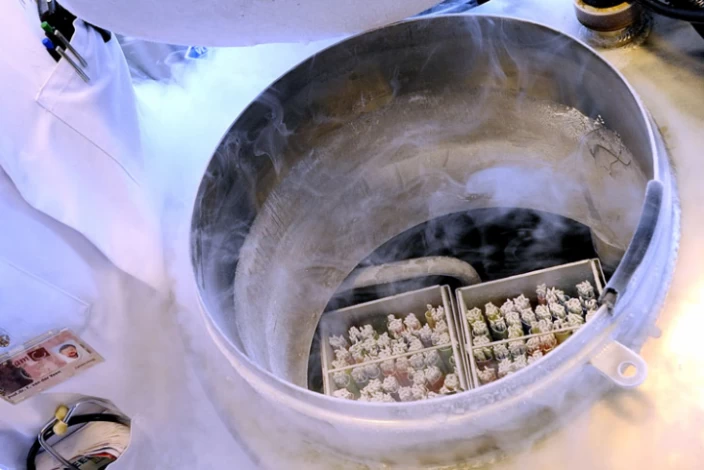
It is worth mentioning that using frozen embryos increases the chance of pregnancy and reduces the risks of IVF to a great extent. As mentioned, several eggs are produced and retrieved from the ovaries by taking ovarian induction drugs. Since fresh embryos have lower quality than frozen ones, IVF specialists implant more than one embryo in the mother's uterus to increase the chance of pregnancy, which may lead to multiple pregnancies.
In most cases, multiple pregnancies are dangerous for both the mother and embryos as the mother develops preeclampsia, which causes preterm labor. So, the doctor suggests using a frozen embryo as it has a higher quality and transferring just one of it is enough for having a successful pregnancy. Also, the mother may not have suitable conditions for pregnancy then, so by using a frozen embryo, the mother can receive the embryo whenever she is ready.
Conclusion
In general, egg retrieval or follicular puncture is an outpatient operation in which one or more eggs are collected from the ovaries for IVF treatment. Although egg retrieval is a simple procedure, it requires several technological devices and a skilled doctor who can minimize the side effects of this procedure with their expertise.
In Iran, hundreds of fertility clinics and IVF specialists offer the best healthcare services at a fair price.
Contact the Raadina team to get more information about infertility treatments in Iran and to benefit from the affordable and wholesome packages of IVF in Iran provided by this company.
FAQs about Egg Retrieval
How long does it take to prepare for egg retrieval?
Preparing for egg retrieval takes 14 days. You must take several medical tests and examinations and use hormonal medications to produce more eggs during this time.
How soon can you drink alcohol after egg retrieval?
Egg retrieval is the first step in the IVF cycle, and as the doctors suggest, alcohol must be avoided all through the IVF process. Therefore, you shouldn't drink or smoke at all after egg retrieval.
Should I stay at the hospital after egg retrieval?
Egg retrieval is an outpatient procedure so that you can go home one or two hours after the operation. Remember that you cannot drive as you will be under sedation.
Will I have pain after egg retrieval?
After egg retrieval, you may experience cramps, mild stomachache, constipation, fatigue, bloating, spotting or light bleeding, pain in the pelvis, delayed periods, and heavy menstrual periods for one or two months.
How many eggs are retrieved in IVF?
In each IVF cycle, 8 to 20 eggs can be retrieved; however, only two-thirds are mature enough to be used in IVF. The number of mature follicles depends on the mother's age and how healthy her lifestyle is.
What tests should I take before egg retrieval?
Before egg retrieval, you must take a blood test to determine STDs, diabetes, and the level of TSH (stimulating thyroid hormone) and prolactin. Also, your doctor may ask you to take genetic testing, hematological tests (for determining anemia, hemophilia, and blood-clotting disorders), immunologic tests, hysteroscopy (if you have had repeated miscarriages), and trans-vaginal scan of your reproductive organs to find cysts and polyps.
How many days after egg retrieval is the embryo transferred?
The embryo transfer procedure is usually performed two to five days after egg retrieval. During this time, the egg is fertilized with the sperm and is matured to become a blastocyst. If you prefer to take the PGD test, the embryo is transferred 5 days after egg retrieval.
How long should I rest after egg retrieval?
After egg collection surgery, some women are concerned about how long to rest after egg retrieval. It should be noted that you don’t need bed rest after egg retrieval, but as your body has come through a tough journey, you should give it rest for 3 to 7 days.
Why shouldn’t I bathe after egg retrieval?
You can take a bath after egg retrieval; you should only avoid hot tubs, hot baths, swimming pools, and saunas until your pregnancy is confirmed.
Can I use tampons in my first period after egg retrieval?
Your bleeding may be a bit excessive in the first period after egg retrieval surgery. Using tampons during this time can increase the risk of infection, so it is better to use maxi pads or sanitary towels to maintain menstrual hygiene at its maximum level.
Can I eat after egg retrieval?
You can eat and drink immediately after egg collection, but you should avoid processed foods, sugary foods, caffeinated beverages, and raw foods. A hot bowl of soup, a plate of salad, or two egg whites can easily fill you up and re-energize you.
Why shouldn’t I have sex after egg retrieval?
After a follicular puncture, you will have pain in your lower abdomen and pelvis, and having sexual intercourse can increase this pain. The pelvic contraction from orgasm can also interfere with the implantation process and endanger the life of the embryo.
How soon did you get your second period after egg retrieval?
Most women get their second period about 4 to 6 weeks after egg retrieval, but cycle length can vary depending on hormone medications and individual recovery.
Is bleeding after egg retrieval normal?
Light spotting or mild bleeding for a few days is common. Heavy bleeding, however, is unusual and should be reported to your doctor.
What are the signs of infection after egg retrieval?
Symptoms like fever, severe pelvic pain, foul-smelling discharge, or heavy bleeding may signal an infection and require immediate medical attention.
Do you need to shave before egg retrieval?
Shaving is not medically required, but some clinics may ask for minimal grooming for hygiene. Always follow your clinic’s specific instructions.
Is breast tenderness after egg retrieval normal?
Yes, breast tenderness is a common side effect of fertility medications used before retrieval and usually improves once hormone levels stabilize.






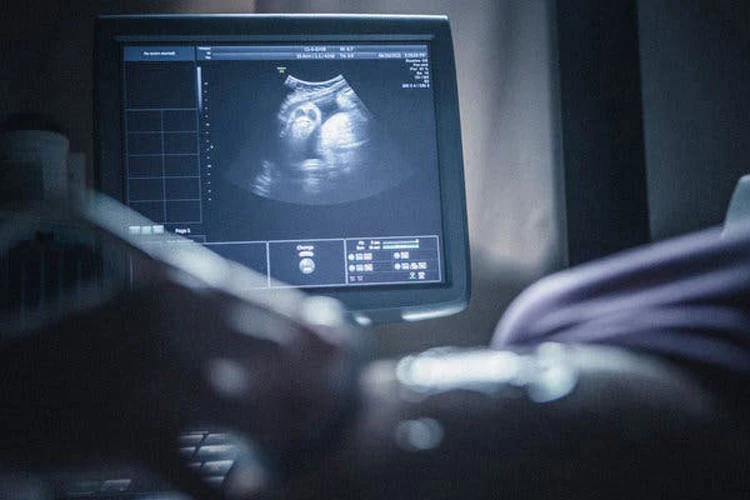
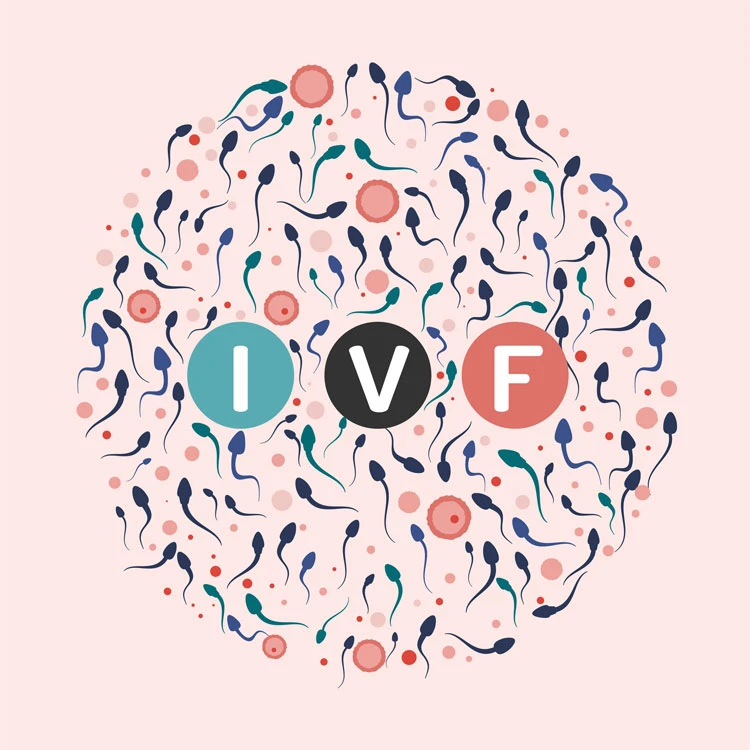
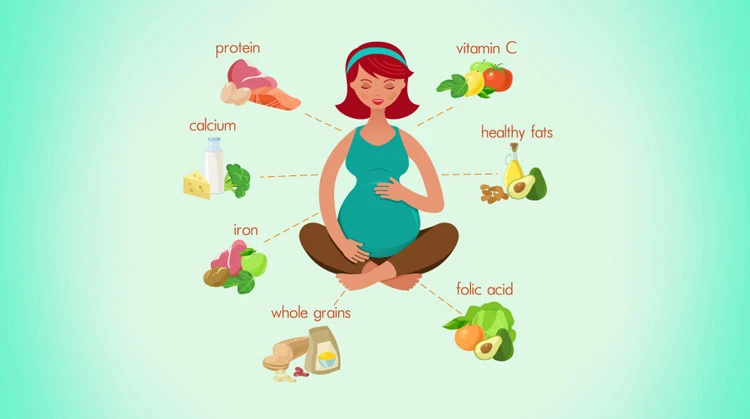
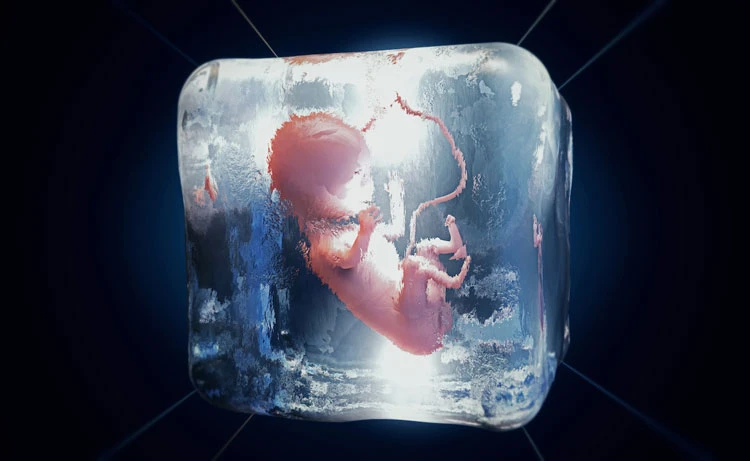

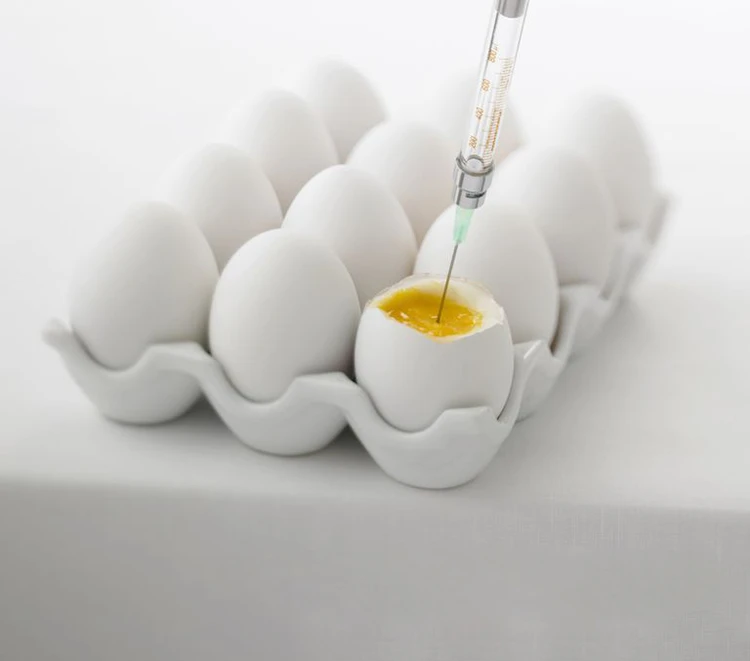
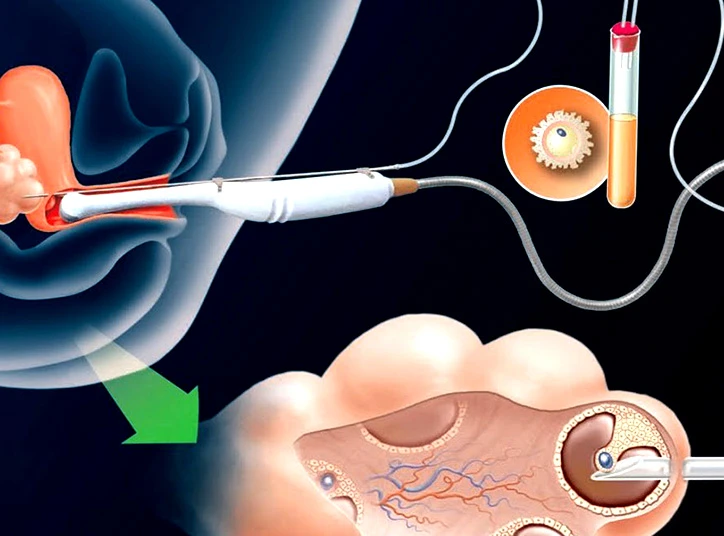
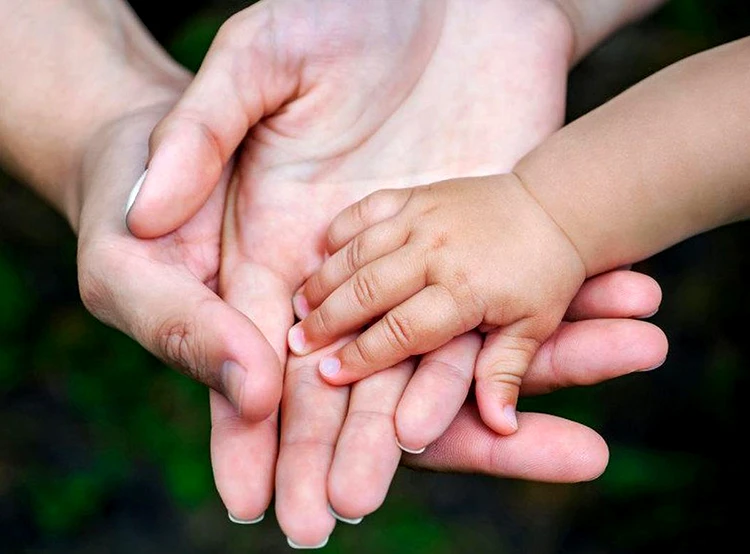
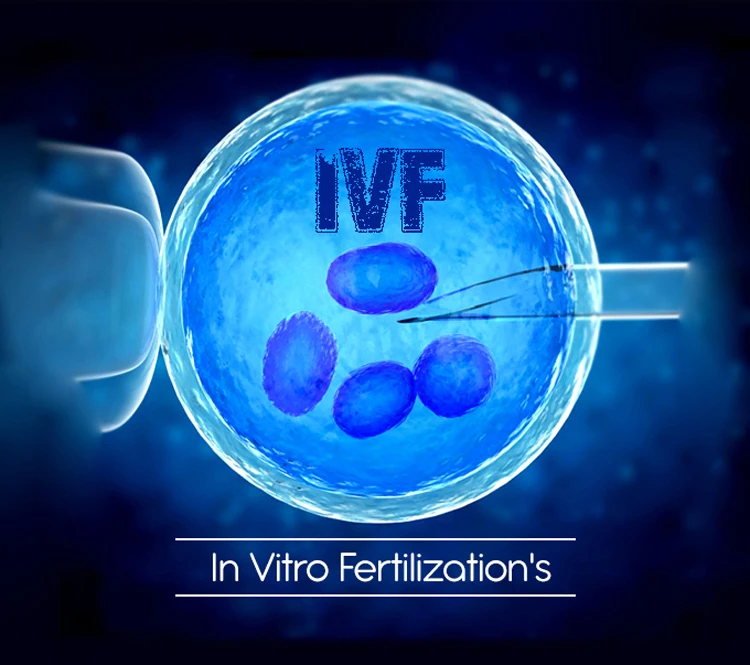
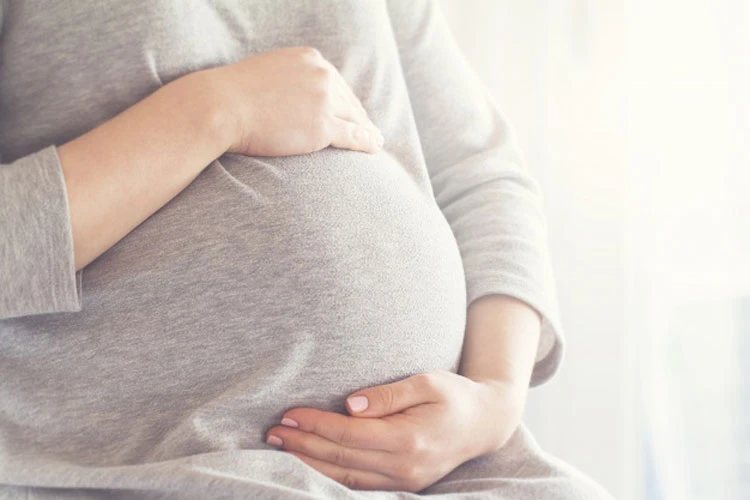
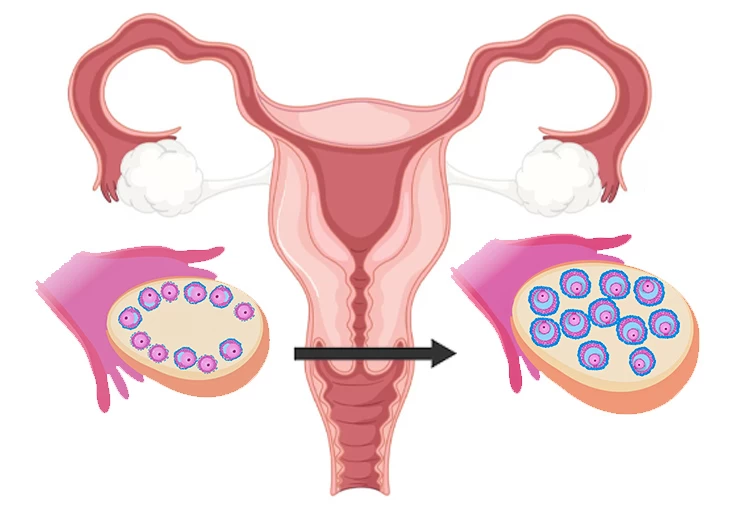
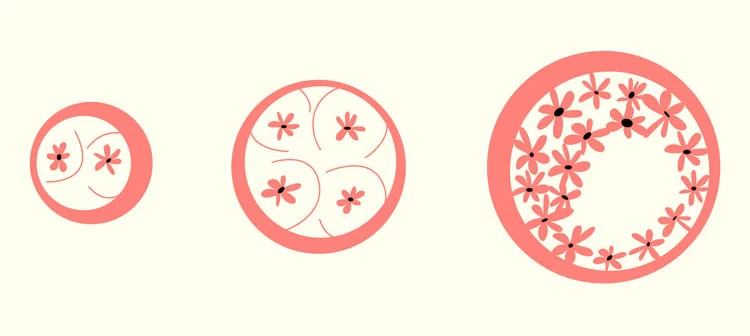
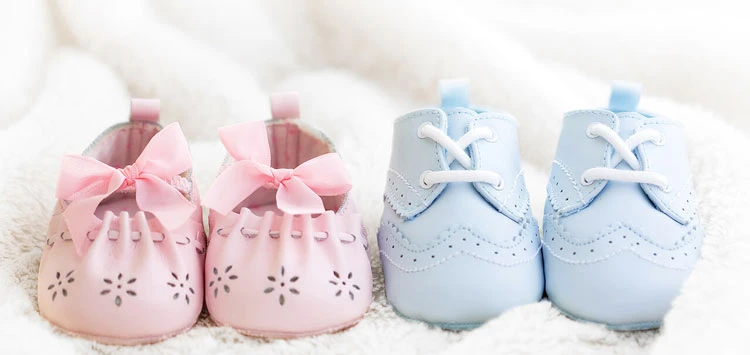
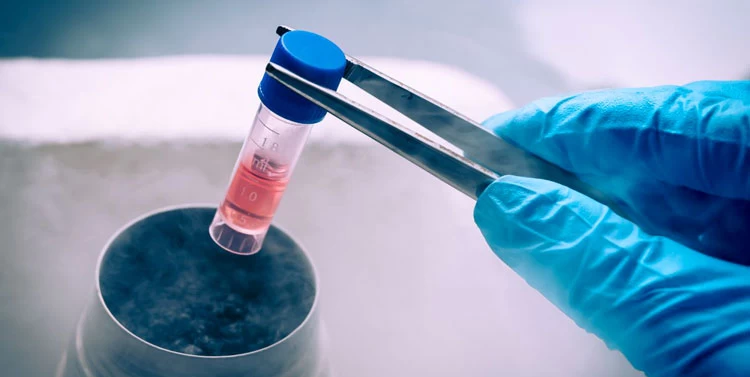

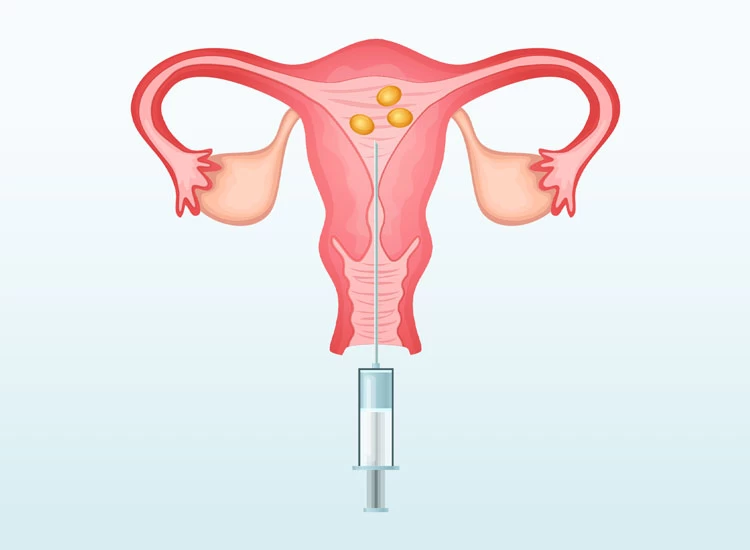
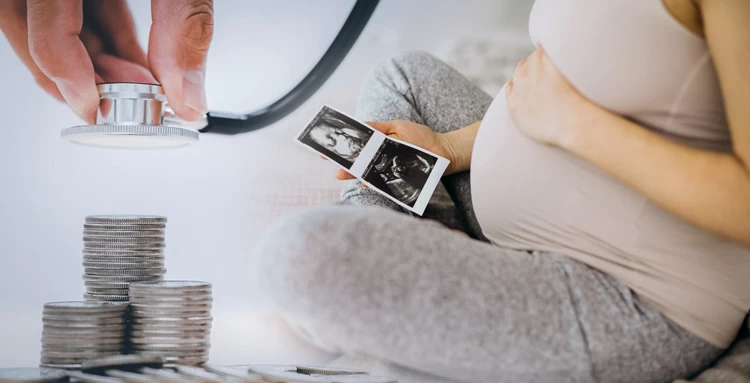
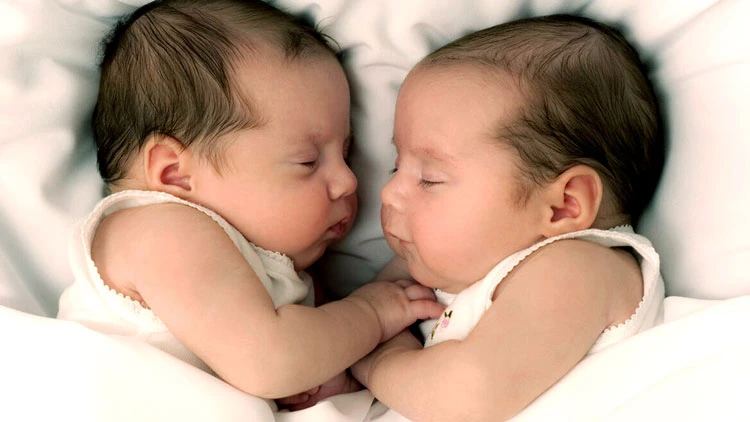
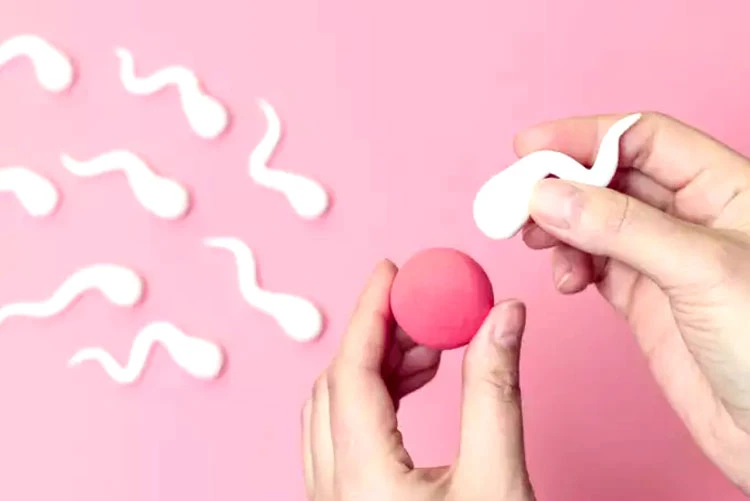
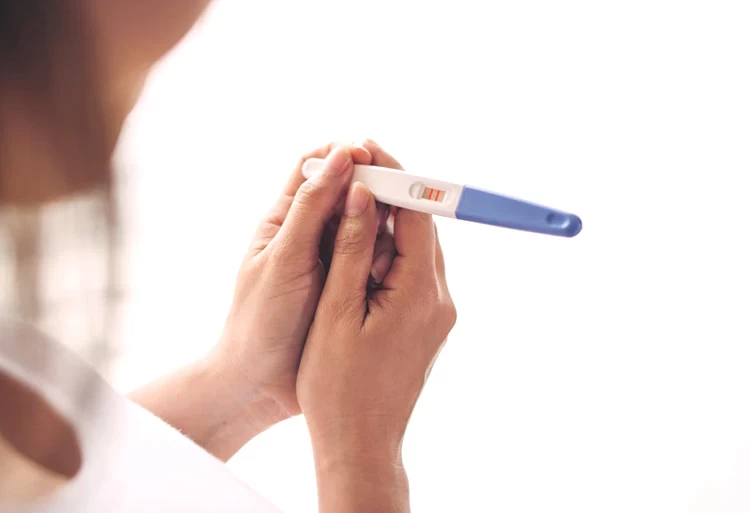
User
-Hi there. I m going to have a follicular puncture in the next one or two days. I want to know What to avoid after egg retrieval?
Habib Ebrahimi
-Hi dear friend. Be sure to avoid doing these activities after ovulation:
Avoid having sex and ejaculation up to 2 weeks after ovulation,
No caffeine consumption, and
Avoid eating sweet foods and sugars.
User
-How long should I rest after egg retrieval?
Habib Ebrahimi
-After egg collection IVF surgery, some women are concerned about how long to rest after egg retrieval. You don’t need bed rest after egg retrieval, but as your body has come through a tough journey, you should rest for 3 to 7 days.
User
-Hi. I had egg retrieval 5 days ago and experienced bleeding. I'm a little nervous. Is there a problem?
Habib Ebrahimi
-It is expected to experience light bleeding or spotting about five days after egg retrieval. The procedure involves removing eggs from the ovaries using a needle, which may irritate the vaginal wall and cause minor bleeding. It is advisable to consult with your doctor if you have any concerns.